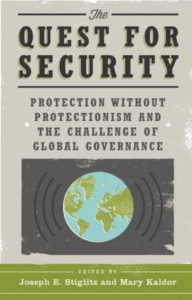
The essays in this collection boldly confront the quest for security arising from the social, economic, environmental, and political crises and transformations of our century. Joseph E. Stiglitz and Mary Kaldor begin with an expansive, balanced analysis of the global landscape and the factors contributing to the growth of insecurity. Whereas earlier studies have touched on how globalization has increased economic insecurity and how geopolitical changes may have contributed to military insecurity, this volume looks for some common threads: in a globalized world without a global government, with a system of global governance not up to the task, how do we achieve security without looking inward and stepping back from globalization?
In each of their areas of expertise, contributors seek answers to questions about how we achieve protection of those people who are most insecure without resorting to economic, military, or mafia protectionism. Some have suggested that the turmoil in the Eurozone “proves” the deficiencies in the welfare state. This book argues that the superior performance of Scandinavian countries arises from their superior systems of social protection, which allow their citizens to undertake greater risk and more actively participate in globalization. Some suggest that we can address terrorism or transnational crimes through the strengthening of borders or long-distance wars. This book develops the proposition that such approaches have the opposite effect and that only through spreading the human security experienced in well-ordered societies can these dangers be managed.
This book also examines how these global changes play out, not only in the relations among countries and the management of globalization, but at every level of our society, especially in our cities. It explores the potential for cities to ensure personal security, promote political participation, and protect the environment in the face of increasing urbanization.
Our interdependent but uncoordinated world, in which we are often at loggerheads with each other, generates many different problems. In an insightful collection of contributions led by Mary Kaldor and Joseph Stiglitz, this wonderful book offers constructive ways of avoiding disaster with the help of global cooperation. A great book for our time.
– Amartya Sen, Nobel Prize-Winning Economist and Thomas W. Lamont University Professor and Professor of Economics and Philosophy
Harvard University
At a time when most initiatives to reinvigorate the multilateral system and its provision of global public goods are failing, it is encouraging to read the analyses and proposals contained in this volume. The key message of this excellent collection is reassuring: that the governance predicaments posed by globalization are solvable after all; the intellectual battle is not lost and it is still possible, with workable propositions, to win the political one in order to build a better international system. With strong conviction, I buy the argument.
– Ernesto Zedillo, director of the Yale Center for the Study of Globalization and former president of Mexico
About the Editors
Mary Kaldor
Professor of Global Governance
London School of Economics
Mary Kaldor is professor of global governance and director of the Civil Society and Human Security Research Unit at the London School of Economics. She is the author of many books, including The Ultimate Weapon Is No Weapon: Human Security and the Changing Rules of War and Peace; New and Old Wars: Organized Violence in a Global Era; and Global Civil Society: An Answer to War. Kaldor was a founding member of European Nuclear Disarmament and of the Helsinki Citizen’s Assembly. She is also convener of the Human Security Study Group, which reported to Javier Solana.
Joseph Stiglitz
President
Initiative for Policy Dialogue (IPD)
Joseph E. Stiglitz is President of the Initiative for Policy Dialogue, and Chairman of the Committee on Global Thought at Columbia University. He is University Professor at Columbia, teaching in its Economics Department, its Business School, and its School of International and Public Affairs. He chaired the UN Commission of Experts on Reforms of the International Monetary and Financial System, created in the aftermath of the financial crisis by the President of the General Assembly. He is former Chief Economist and Senior Vice-President of the World Bank and Chairman of President Clinton’s Council of Economic Advisors. He was awarded the Nobel Memorial Prize in Economics in 2001.
 Joseph Stiglitz
Joseph Stiglitz Mary Kaldor
Mary Kaldor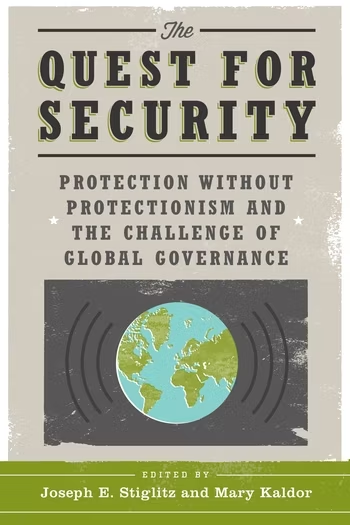

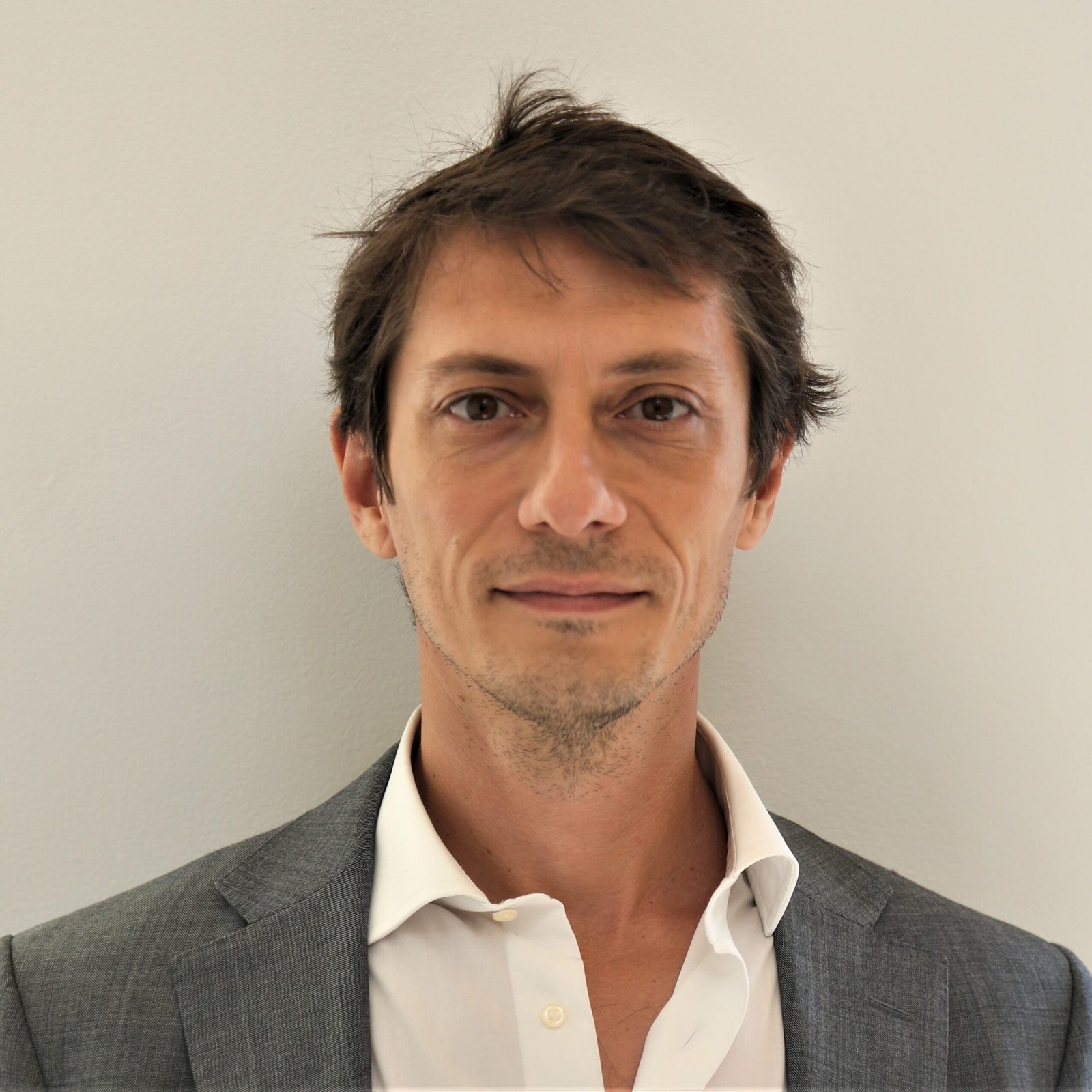 Jeronim Capaldo
Jeronim Capaldo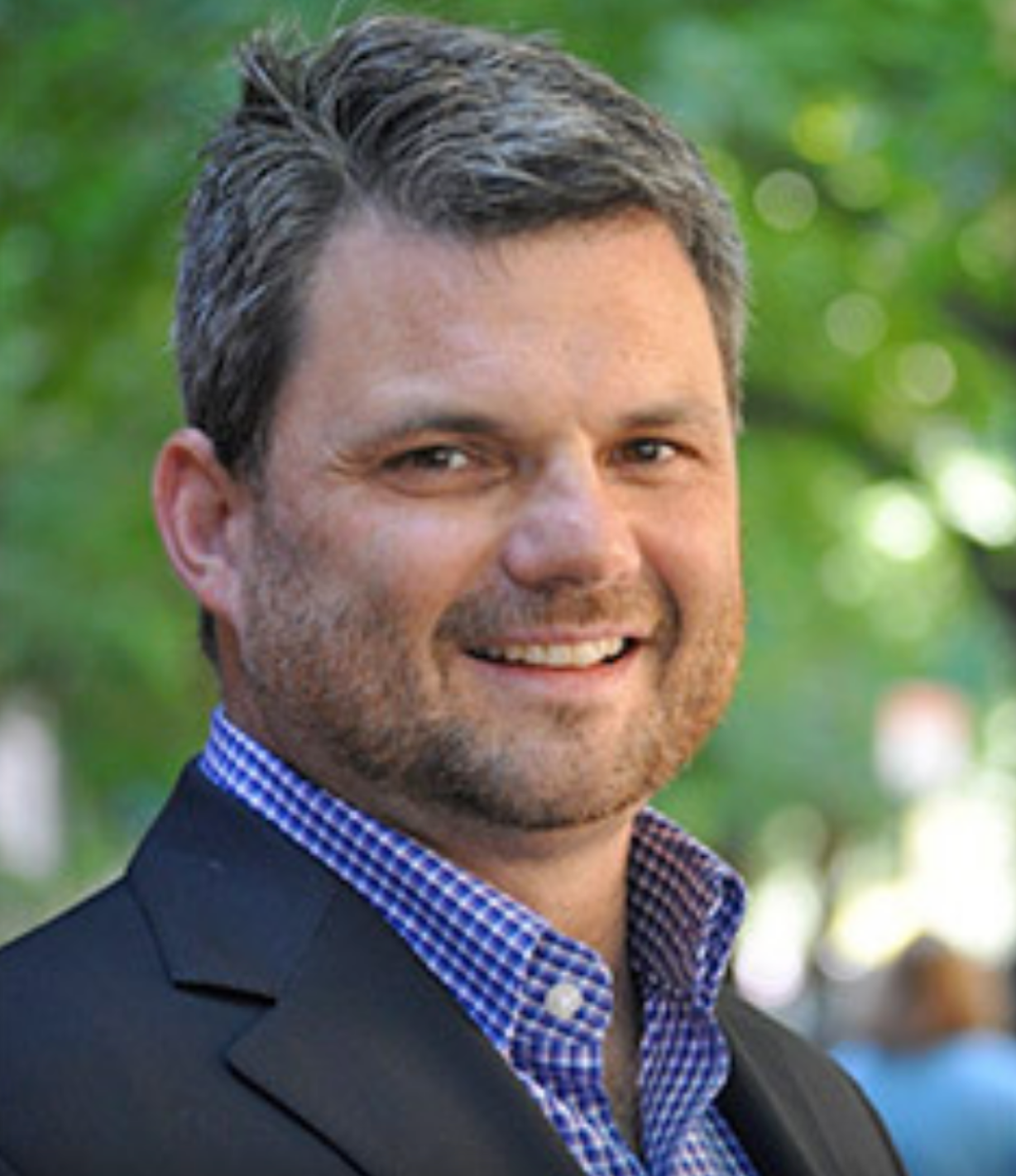 Kevin Gallagher
Kevin Gallagher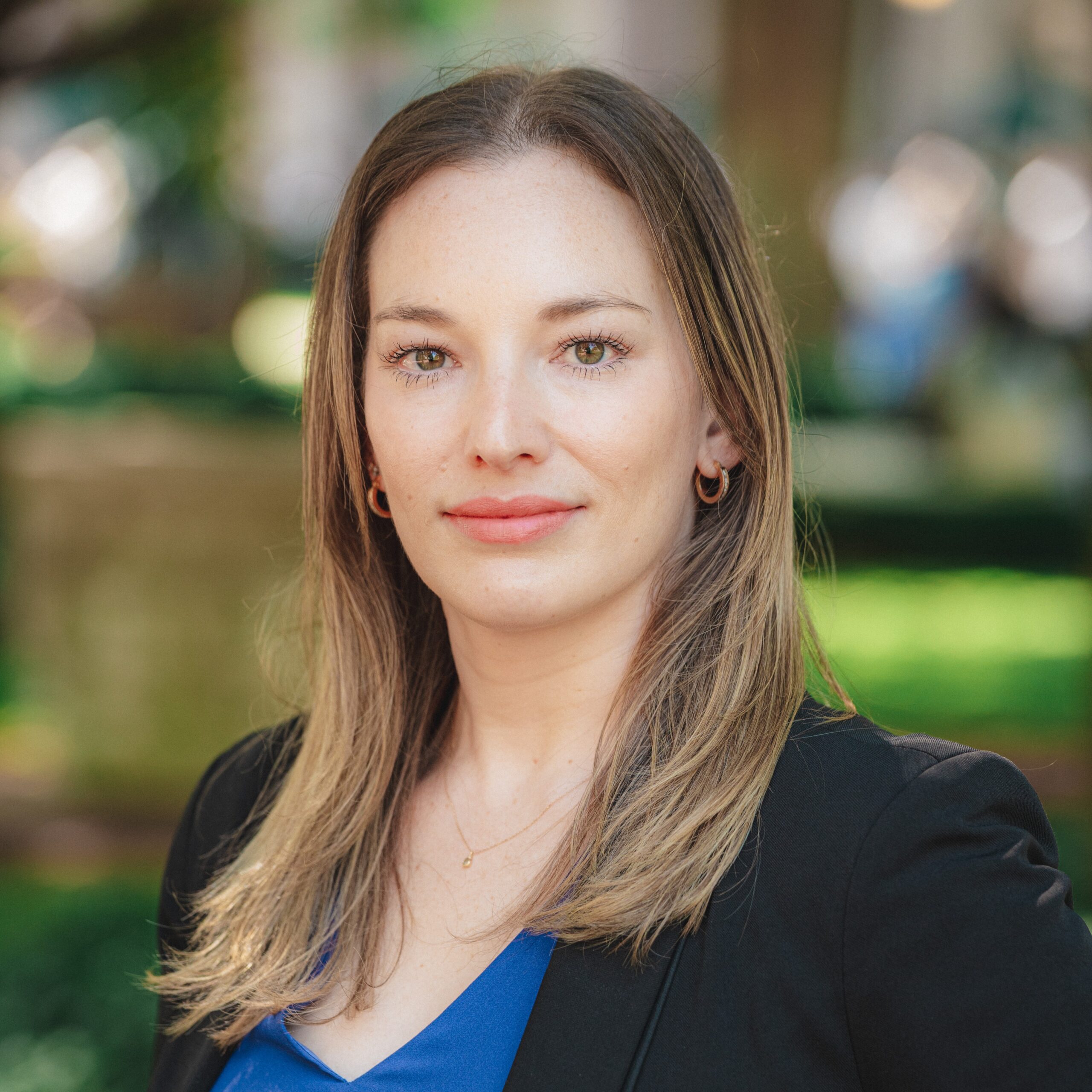 Gabriela Plump
Gabriela Plump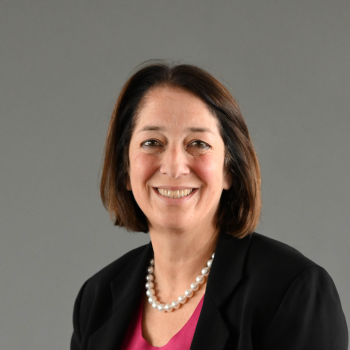 Anya Schiffrin
Anya Schiffrin